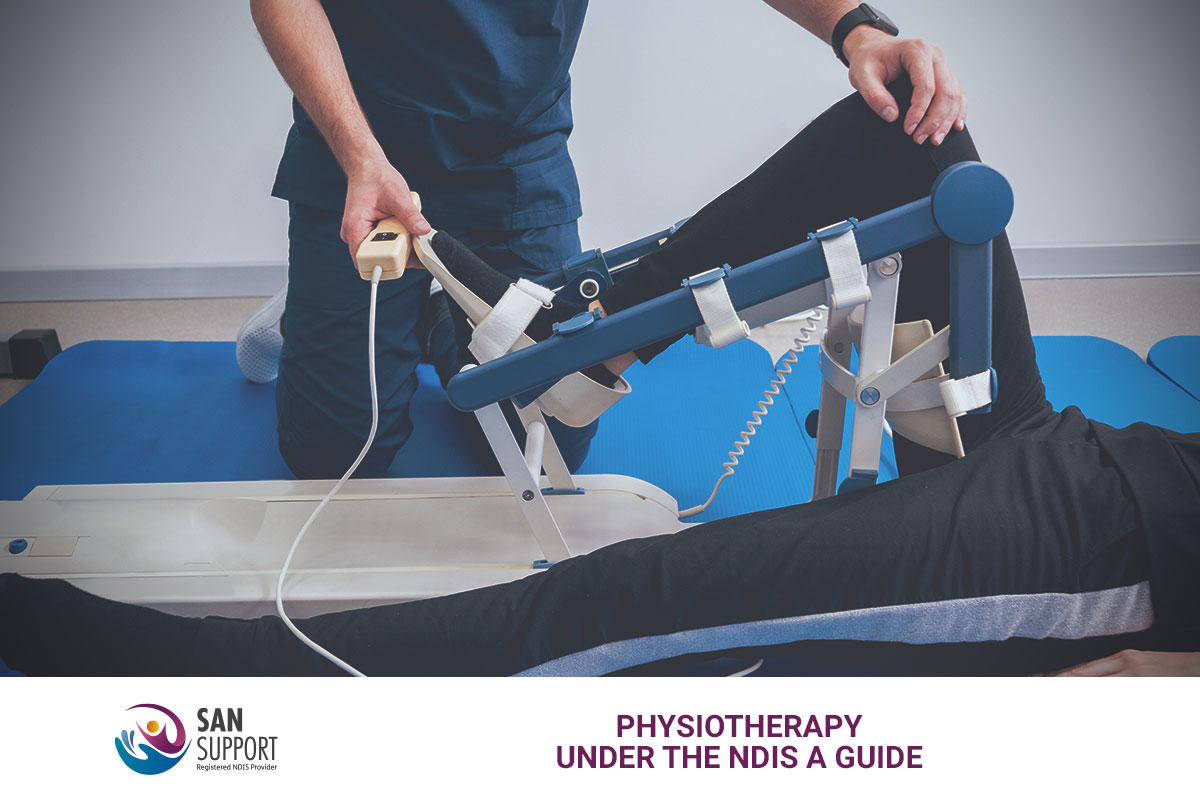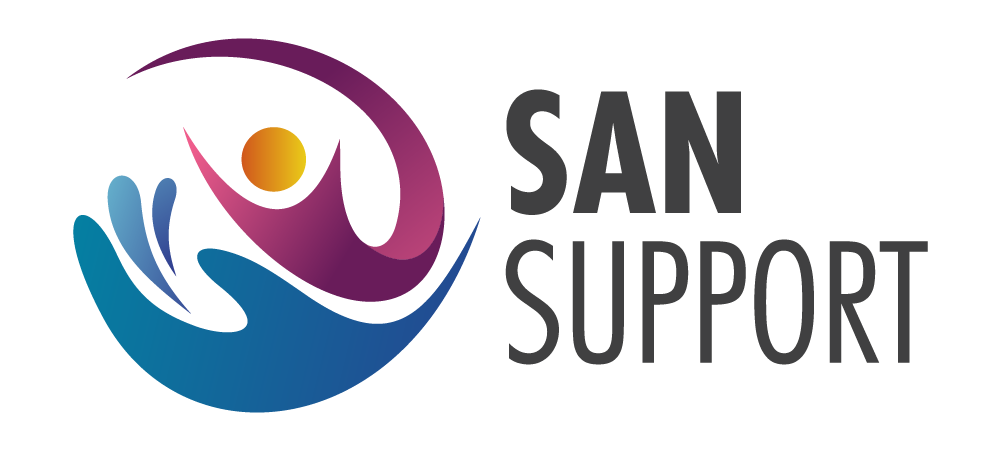
The National Disability Insurance Scheme (NDIS) funds essential services that help Australians with disabilities lead independent and fulfilling lives. One of the most valuable supports covered under the NDIS is physiotherapy, which improves mobility, reduces pain and enhances overall well-being.
If you or a loved one is an NDIS participant seeking physiotherapy, understanding how the funding works, the benefits of therapy and how to access these services can make a significant difference in your daily life.
What is Physiotherapy Under the NDIS?
The NDIS provides funding to support individuals with permanent and significant disabilities, helping them achieve greater independence, mobility and improved health. Physiotherapy falls under the Capacity Building Supports category and is primarily funded under:
- Improved Daily Living – for mobility, rehabilitation and functional improvements
- Improved Health and Wellbeing – for fitness, exercise programs and physical activity
Physiotherapists work with NDIS participants to create personalised treatment plans, focusing on strength, flexibility, pain relief and mobility improvements. Whether recovering from an injury, managing a chronic condition, or preventing mobility decline, physiotherapy plays a crucial role in daily life.
The Benefits of Physiotherapy for NDIS Participants
Many NDIS participants experience physical and mobility challenges. Physiotherapy helps them improve strength, movement and quality of life.
Key Benefits of Physiotherapy
Improves Mobility and Independence
Physiotherapy strengthens muscles, enhances coordination and helps participants perform daily activities like walking, standing and using assistive devices.
Reduces Chronic Pain and Discomfort
Physiotherapists use stretching exercises, massage and hydrotherapy to relieve muscle tightness and joint pain, improving comfort and movement.
Prevents Further Health Issues
Limited mobility can lead to joint stiffness, muscle weakness and circulation problems. Regular physiotherapy prevents these complications and promotes better long-term health.
Enhances Strength and Balance
Physiotherapy builds muscle strength and stability, reducing the risk of falls and injuries, especially for those with neurological or musculoskeletal conditions.
Supports Rehabilitation and Recovery
For participants recovering from injuries, strokes, or surgeries, physiotherapy provides structured exercises that aid in recovery and restore physical function.
Helps with Assistive Technology Use
Physiotherapists assess and recommend mobility aids such as wheelchairs, walkers, orthotics and braces, ensuring proper usage and comfort.
Physiotherapy allows NDIS participants to stay active, manage pain and lead a more independent life.
How to Access Physiotherapy Through the NDIS
To receive NDIS-funded physiotherapy, participants must follow a few essential steps.
Step 1: Include Physiotherapy in Your NDIS Plan
During your NDIS planning meeting, discuss how physiotherapy will help you achieve your goals. Clearly outline mobility challenges, rehabilitation needs, or pain management concerns to justify funding under the Capacity Building – Improved Daily Living category.
Step 2: Find a Registered NDIS Physiotherapy Provider
Once the NDIS approves funding, choose an NDIS-registered physiotherapy provider who understands the disability sector and offers personalised therapy.
Step 3: Develop a Service Agreement
After selecting a provider, create a service agreement that outlines the therapy plan, session frequency and goals.
Step 4: Begin Your Physiotherapy Sessions
Start your one-on-one therapy sessions, focusing on building strength, improving movement and reducing pain. The physiotherapist will assess your progress and modify the treatment plan as needed.
Following these steps ensures that NDIS participants receive high-quality physiotherapy care that meets their unique needs.
How the NDIS Funds Physiotherapy Services
The NDIS funds physiotherapy services under two main categories:
Capacity Building – Improved Daily Living
This category funds ongoing physiotherapy sessions to improve:
- Physical mobility and function
- Rehabilitation and injury recovery
- Daily living skills and independence
Capacity Building – Improved Health and Well being
This category supports participants who need exercise-based therapy for:
- Preventing mobility decline
- Hydrotherapy and physical activity programs
- Developing an active lifestyle
By securing funding under the right NDIS category, participants can ensure they receive continuous and effective physiotherapy support.
Types of Physiotherapy Available for NDIS Participants
Physiotherapists use various treatment methods to support individuals with disabilities.
Hydrotherapy
Water-based exercises reduce pressure on the joints and muscles, making movement easier and less painful. This is ideal for participants with arthritis, cerebral palsy, or spinal cord injuries.
Strength and Conditioning
These exercises build muscle strength, improve endurance and enhance flexibility, helping participants move more easily and safely.
Manual Therapy
Physiotherapists use massage, joint mobilisation and stretching techniques to relieve muscle stiffness and pain.
Neurological Physiotherapy
For individuals with stroke, multiple sclerosis, or cerebral palsy, physiotherapists focus on balance, coordination and muscle control to improve movement and mobility.
Gait Training
Gait training helps participants improve walking ability, posture and use of mobility aids, reducing the risk of falls and injuries.
By using targeted physiotherapy techniques, participants can achieve better mobility, strength and independence.
Final Thoughts: Take Control of Your Health with Physiotherapy
Physiotherapy allows participants to move better, feel stronger and gain independence. Whether you need help with pain management, rehabilitation, or mobility training, NDIS-funded physiotherapy supports you in achieving your goals.
By choosing the right provider and including physiotherapy in your NDIS plan, you can gain strength, prevent injuries and improve your quality of life.
If you are looking for a trusted and experienced NDIS physiotherapy provider, SAN Support is ready to help. Start your journey to better mobility today. SAN Support is a trusted NDIS-registered provider offering disability support services. We focus on in-home support, community participation, special disability accommodation (SDA) and support coordination, helping NDIS participants achieve greater independence and well-being. With a compassionate and professional approach, we tailor our services to meet individual needs, empowering people to live fulfilling lives.
